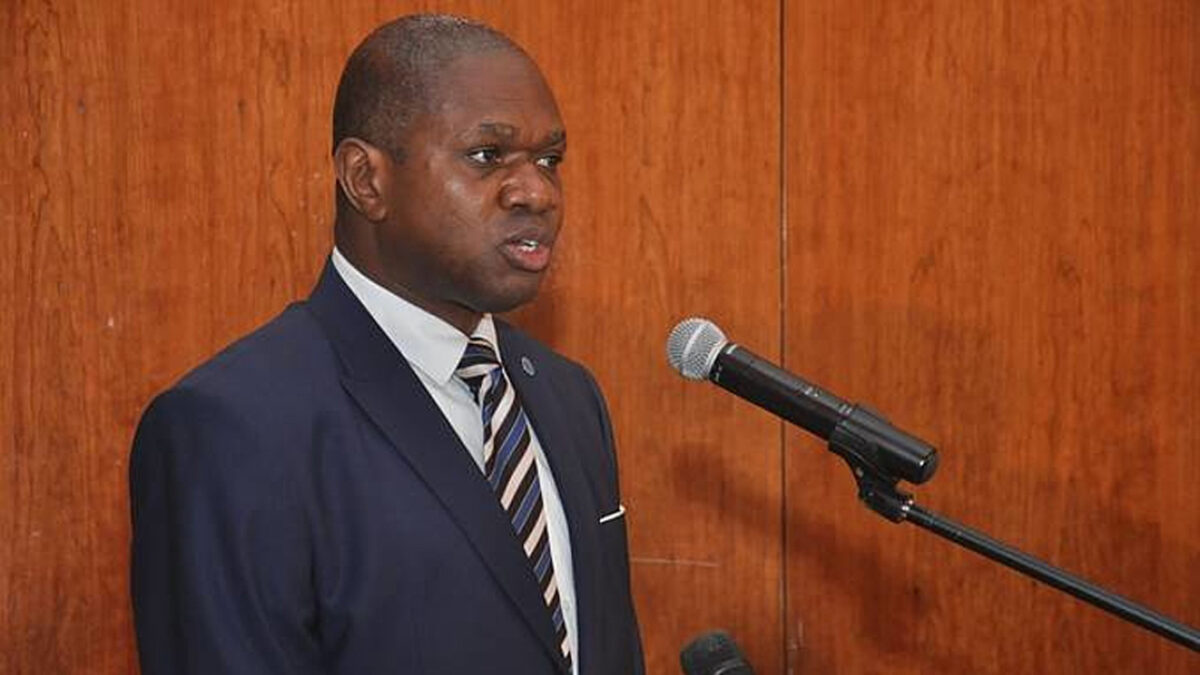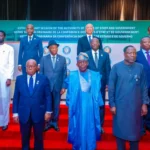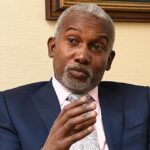Director and Country Representative for Nigeria and ECOWAS, UNIDO Regional Hub, Mr. Jean B. Bakole, has said if Nigeria is to achieve the seven percent contribution to the country’s GDP from the mining and minerals sector by 2031, the development of the sector and best practices have to be sustainable.
He said the development of this project will further strengthen UNIDO’s collaboration with the Nigerian mining, industrial, and environmental sectors.
- Global industrial output declined by 6.0% in Q1 – UNIDO
- FG, UNIDO to provide logistics for mining sector MSMEs
Bakole stated this during a webinar of an Inception Workshop for the Project Preparatory Phase of the GEF Planet GOLD in Nigeria: “Enhancing Formalization and Mercury-free Gold in Nigeria” project held recently.
He said artisanal and small-scale gold mining is responsible for 37 percent of the anthropogenic emission and releases of mercury into the environment and this makes it the largest source of anthropogenic source of mercury globally.
While noting that gold is one of the seven strategic minerals as reflected in Nigeria’s Mining and Minerals Roadmap, he said Nigerian government and UNIDO are advancing industrial development, economic competitiveness, safeguarding the environment, and improving the artisanal and small-scale gold mining sector.
Speaking, the President, Miners Association of Nigeria, Kabiru Mohammed Kankara, said the Ministry of Mines and Steel Development and her agencies are currently working on strategies, “not only to ensure economic exploitation of our gold reserves, but also to implant in the system best practices with regard to health and environmental safety.”
Earlier, the Minister of Environment, Dr. Mohammad Mahmood Abubakar, said the project’s goal was in line with the government’s priority to protect human lives and the environment, effectively implement the provisions of the Minamata Convention on mercury and strategically position the mining sector for economic growth and sustainable development.

 Join Daily Trust WhatsApp Community For Quick Access To News and Happenings Around You.
Join Daily Trust WhatsApp Community For Quick Access To News and Happenings Around You.


